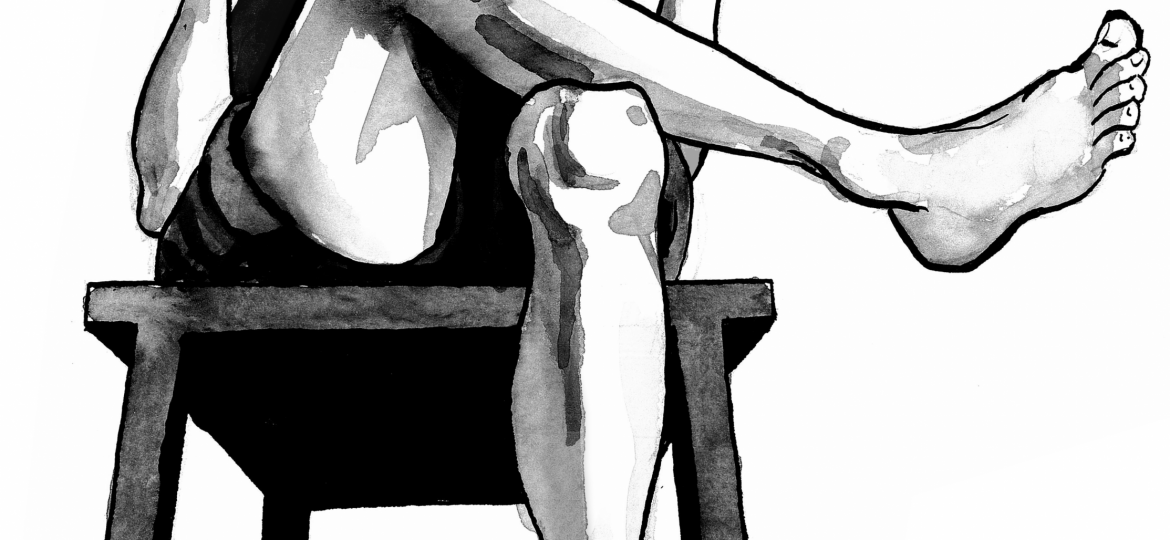
StoReads is a new monthly column reviewing books that St. Olaf students love and want to share with the rest of the campus. Check out the StoReads column each month to find your next good read.
“The Latehomecomer,” this month’s StoReads and the mandatory summer reading for the class of 2023, is by Hmong refugee, activist and author Kao Kalia Yang. Yang writes about her and her family’s experience as Hmong refugees, including the story of her parents’ escape from Laos to Thailand. Yang spent her earliest years within the Thai Ban Vinai refugee camp and was accepted as a refugee into the United States when she was six years old. The story is deeply intimate and personal, but also carries sociopolitical implications.
One of the main reasons Yang wrote “The Latehomecomer” was because there were not any tales of the Hmong people in the American literary canon. The Hmong people are an ethnic group of people who were stripped of their written language hundreds of years ago in China and displaced into Laos. In the 1960s and 70s, the U.S. used the Central Intelligence Agency to engage in a “secret war” in Laos in order to try and prevent communism from spreading through Laos. The Hmong people were trained and armed by the CIA and used as soldiers in the secret war. During and after the war, the Hmong people were terrorized by the ruling Laotian government because they were seen as American sympathizers. By the end of the war, the Laotian government set forward a plan to exterminate the Hmong people, which led to many escaping to refugee camps in Thailand and led many others to death in Laos.
Yang’s intimate and truthful memoir of her and her family depicts the United States as cold and unwelcoming. Yang and her family struggled to simply survive within the U.S. Reading this novel made me feel some shame as an American. It was my country that caused the murder and displacement of the Hmong people when we abandoned them in Laos, and it was my country that made the Yang family economically and socially oppressed upon arriving here.
The worst part? This did not just happen in the ’70s, it is still happening right now. This time, instead of the Hmong people, it is the Kurdish people. The Kurdish people are the largest ethnic minority group in the entire world without their own country. The Kurds sided with the U.S. government in the fight against the Islamic State in a push for sovereignty and equality. Yet the fight against ISIS has been nothing but bloody and horrific for the Kurds.
Turkey, our ally, has been bombing the Kurds in an attempt to remove them from Turkey since the beginning of the Syrian Civil War. Despite being our allies against ISIS, the U.S. has not intervened and stopped Turkey from attacking the Kurds.
When Yang came to campus, I had a chance to ask her about the implication of the U.S. military involvement with the Kurdish people, and asked if history is repeating itself. Yang said yes, but that people are more informed now, and that through informing each other and asking critical questions we can stop the tragedy that plagued her family from happening again.

